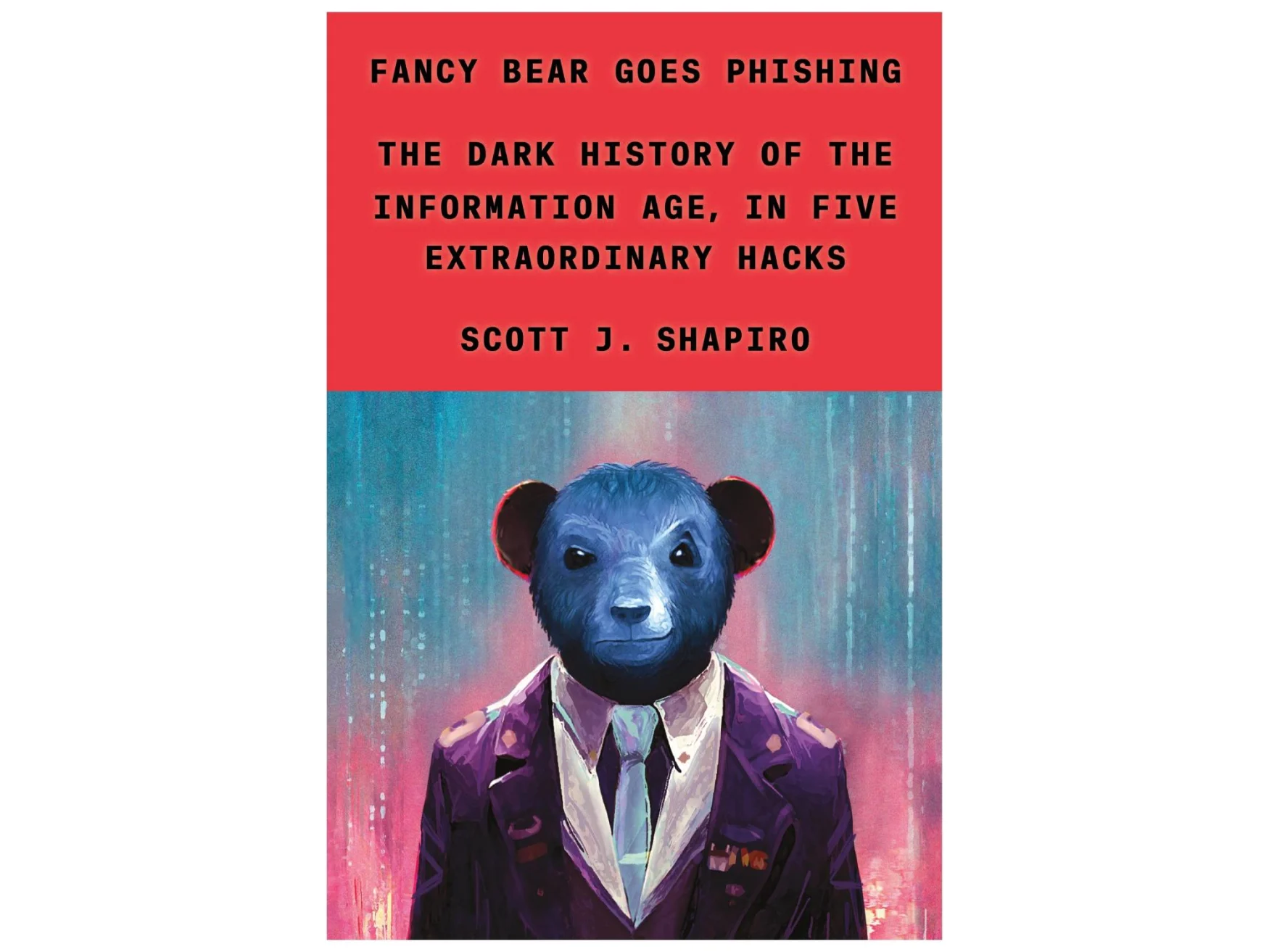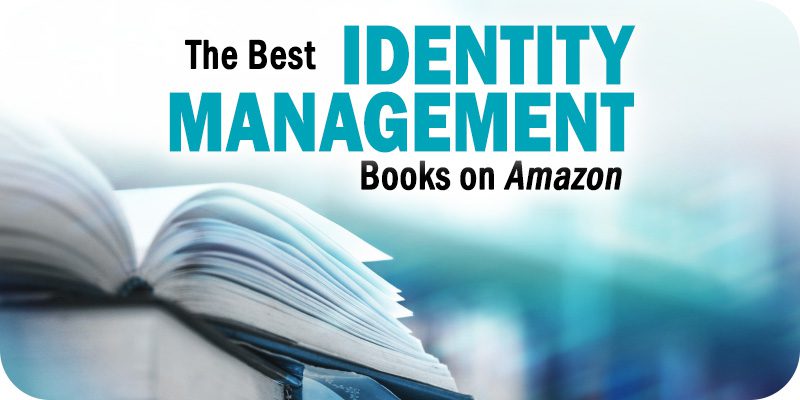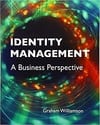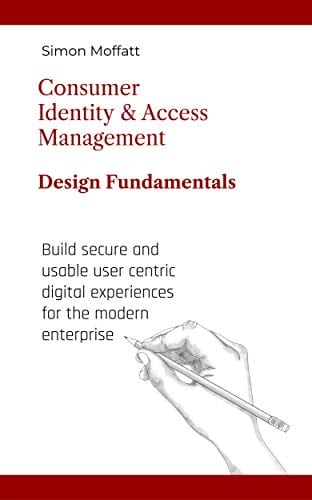Hitting the Books: How hackers turned cybercrime into a commercial service
As anyone who regularly games online can attest, DDoS (dedicated denial of service) attacks are an irritatingly common occurrence on the internet. Drawing on the combined digital might of a geographically diffuse legion of zombified PCs, hackers are able to swamp game servers and prevent players from logging on for hours or days at a time. The problem has metastasized in recent years as enterprising hackers have begun to package their botnets and spamming tools into commercial offerings, allowing any Tom, Dick, and Script-kiddie rental access to the same power.
It’s a big internet out there, and bad actors are plentiful. There are worse things than spammers and scammers swimming in the depths of the Dark Web. In his new book, Fancy Bear Goes Phishing: The Dark History of the Information Age, in Five Extraordinary Hacks, Dr. Scott J Shapiro, Professor of Law and Philosophy at Yale Law School traces the internet’s illicit history through five of the biggest attacks on digital infrastructure ever recorded.

Farrar Straus Giraux
FANCY BEAR GOES PHISHING: The Dark History of the Information Age, in Five Extraordinary Hacks by Scott J. Shapiro. Published by Farrar, Straus and Giroux. Copyright © 2023 by Scott J. Shapiro. All rights reserved.
Crime as a Service
Not all Denial of Service attacks use botnets. In 2013, the Syrian Electronic Army (SEA)—the online propaganda arm of the brutal Bashar al-Assad regime—hacked into Melbourne IT, the registrar that sold the nytimes.com domain name to The New York Times. The SEA altered the DNS records so that nytimes.com pointed to SEA’s website instead. Because Melbourne IT contained the authoritative records for the Times’ website, the unauthorized changes quickly propagated around the world. When users typed in the normal New York Times domain name, they ended up at a murderous organization’s website.
Conversely, not all botnets launch Denial of Service attacks. Botnets are, after all, a collection of many hacked devices governed by the attacker remotely, and those bots can be used for many purposes. Originally, botnets were used for spam. The Viagra and Nigerian Prince emails that used to clutter inboxes were sent from thousands…





 Description: For business managers and CIOs, managing identity data of employees, contractors, business partners, and customers has become an important core capability. This practical guide discusses the impacts of identity management on organizations from a businessperson’s perspective. This book will help managers and CIOs understand: • Automating identity provisioning into your access control systems • How to evaluate the maturity of your identity management environment • The difference between authentication and authorization • Why federated authentication is so important and how to get it right.
Description: For business managers and CIOs, managing identity data of employees, contractors, business partners, and customers has become an important core capability. This practical guide discusses the impacts of identity management on organizations from a businessperson’s perspective. This book will help managers and CIOs understand: • Automating identity provisioning into your access control systems • How to evaluate the maturity of your identity management environment • The difference between authentication and authorization • Why federated authentication is so important and how to get it right. Description: Modern organizations need to not only meet end-user privacy, security, and usability requirements but…
Description: Modern organizations need to not only meet end-user privacy, security, and usability requirements but…

